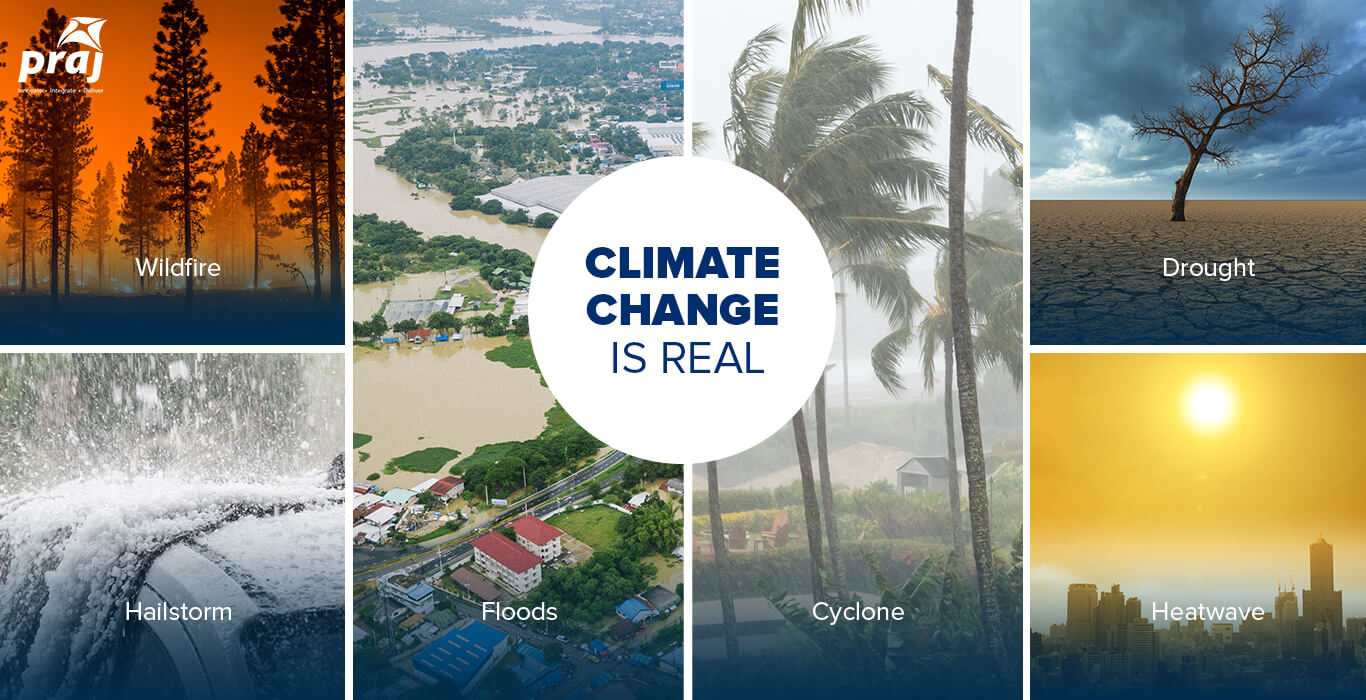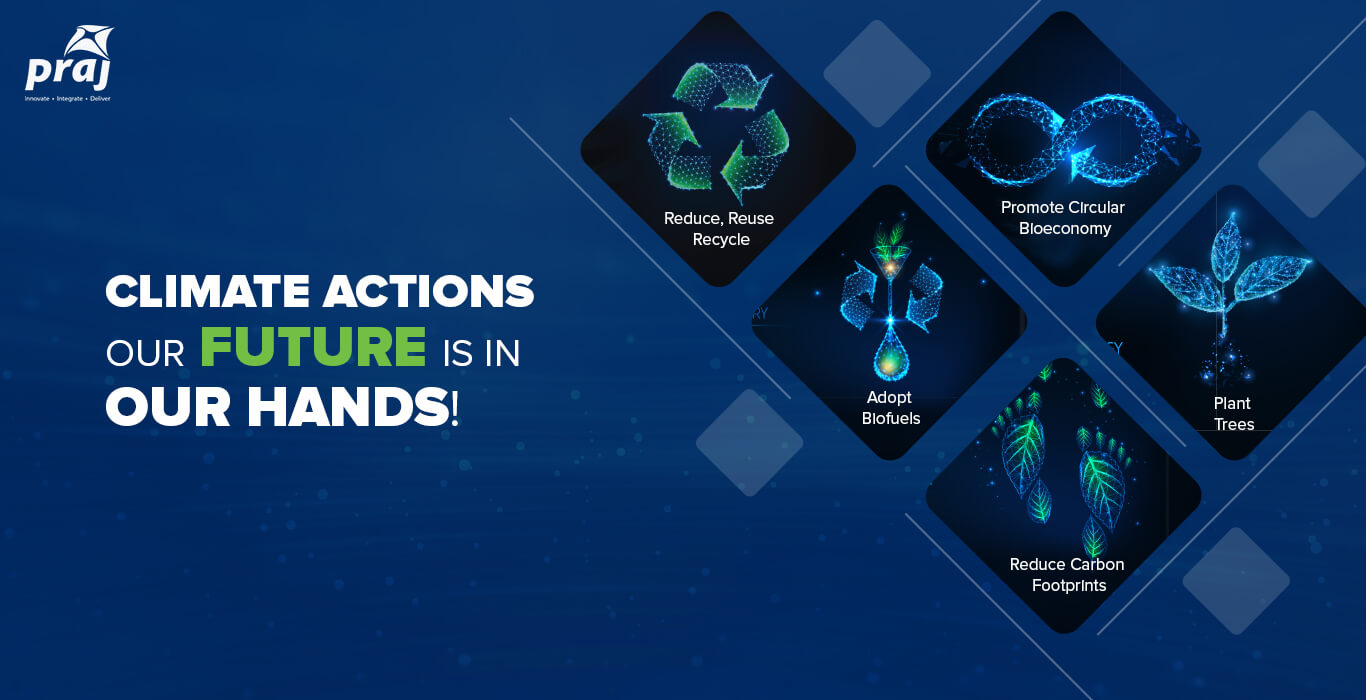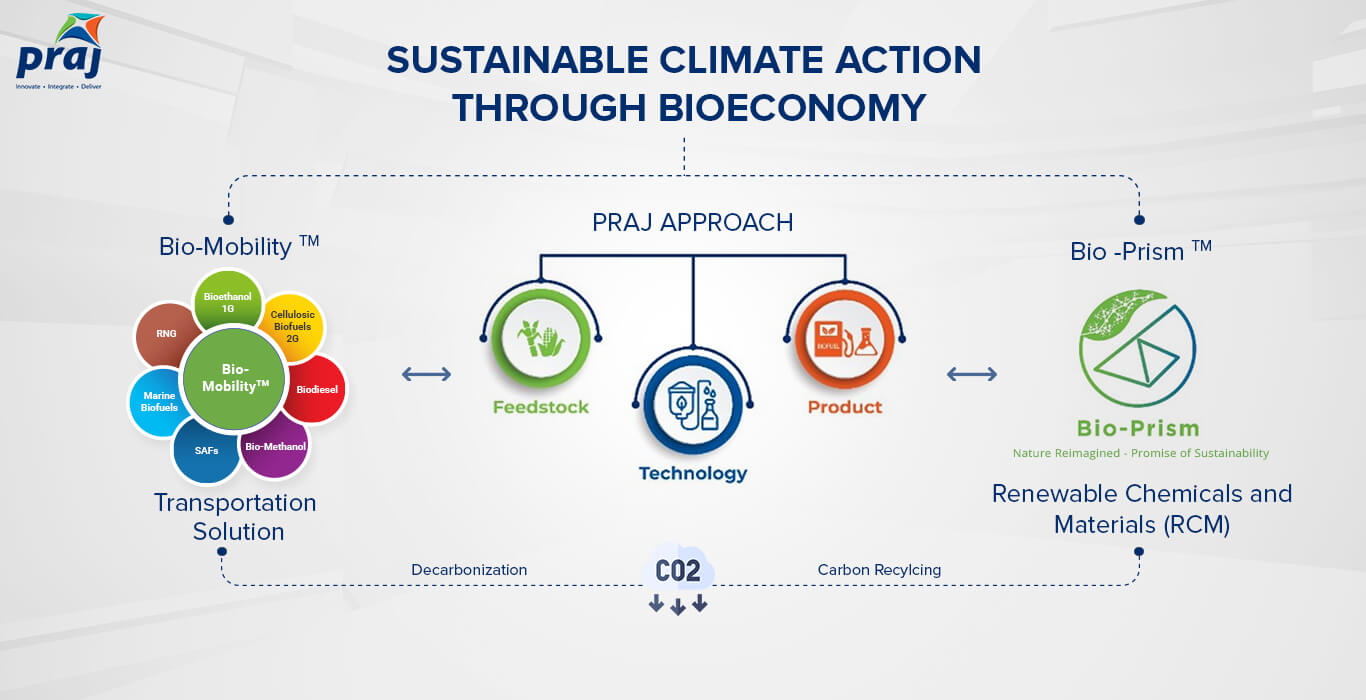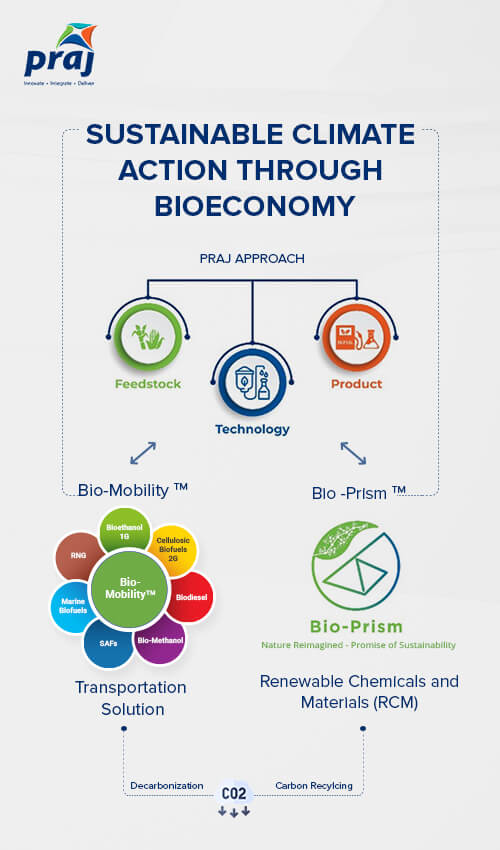World Biofuel Day
Introduction
On August 10th, people around the world come together to celebrate World Biofuel Day, a significant occasion that highlights the importance of biofuels in shaping a sustainable future for our planet. This day serves as a reminder of the need to reduce our dependence on fossil fuels and transition towards cleaner and renewable energy sources. Biofuels, derived from organic materials such as plants, agricultural residues, and waste, offer a promising solution to mitigate climate change, decrease greenhouse gas emissions, and ensure energy security for generations to come.
Sir Rudolph Diesel successfully ran the mechanical engine on peanut oil on August 9, 1983, and he foresaw the prospect of vegetable oil replacing fossil fuels within the next century. In honor of the first successful biofuel production on this date, the 10th of August has been designated as World Biofuel Day.
The Significance of Biofuels
Biofuels are an integral part of the renewable energy mix, offering a myriad of environmental and socio-economic benefits. Unlike conventional fossil fuels, which release vast amounts of carbon dioxide into the atmosphere when burned, biofuels are considered carbon neutral. The carbon dioxide emitted during their combustion is roughly equal to the amount absorbed by the plants during their growth, making them a sustainable alternative.
Furthermore, biofuels can help reduce the environmental impacts associated with the extraction and processing of fossil fuels, including deforestation, oil spills, and habitat destruction. They play a crucial role in curbing air pollution, improving air quality, and safeguarding public health by emitting fewer harmful pollutants such as sulfur oxides, nitrogen oxides, and particulate matter.
The Significance of Biofuels
World Biofuel Day also celebrates the socio-economic benefits of biofuel production. Many developing countries heavily rely on agriculture as a primary source of income for rural communities. The cultivation of crops specifically for biofuel production can provide farmers with an additional source of revenue, reduce poverty, and boost rural development.
Moreover, biofuels contribute to energy security by diversifying the energy mix. By reducing dependence on imported fossil fuels, countries can stabilize their economies and be less vulnerable to fluctuations in global oil prices.
Different Types of Biofuels
World Biofuel Day serves as an excellent opportunity to showcase the diverse range of biofuels available today:
- First-generation Biofuels: These are made from crops like sugarcane, corn, soybean, and palm oil. While they have been the primary focus in the past, concerns have arisen regarding their impact on food production and potential deforestation if not managed sustainably.
- Second-generation Biofuels: These are produced from non-food feedstocks like agricultural waste, forest residues, and energy crops like switchgrass and miscanthus. Second-generation biofuels address some of the concerns related to food security and provide a more sustainable option.
- Third-generation Biofuels: Also known as algae-based biofuels, they are derived from algae and offer high energy yields with lower environmental impacts. Research and development in this area hold significant promise for the future.
- Fourth-generation Biofuels: These are still in the experimental phase and aim to further improve the efficiency and sustainability of biofuel production.
Global Initiatives and Challenges
World Biofuel Day brings to the forefront the need for greater investment in research and development to improve biofuel technologies, making them more efficient and economically viable. Governments and international organizations must collaborate to create policies that support sustainable biofuel production and ensure the equitable distribution of benefits.
Despite their numerous advantages, biofuels also face challenges, such as land-use competition, water usage, and the potential for indirect land-use change. Addressing these issues requires a holistic approach that considers the social, environmental, and economic aspects of biofuel production.
Indian Government Policies and Initiatives on Biofuels
India, being one of the world's largest consumers of energy, has recognized the importance of biofuels in achieving energy security, reducing greenhouse gas emissions, and promoting rural development. Over the years, the Indian government has formulated various policies and initiatives to support the development and use of biofuels. Here are some key policies and initiatives:
- National Policy on Biofuels (2018):
The Indian government unveiled the National Policy on Biofuels in 2018 to create a conducive environment for the biofuel industry's growth. The policy promotes the use of different generations of biofuels, including first-generation biofuels (derived from sugarcane, grains, etc.), second-generation biofuels (produced from agricultural residues, waste, etc.), and third-generation biofuels (produced from algae and other non-food feedstocks). - Ethanol Blending Program:
To reduce dependence on imported fossil fuels and promote the use of ethanol, the Indian government launched the Ethanol Blending Program (EBP). The program mandates the blending of ethanol with petrol, aiming to achieve 10% ethanol blending in petrol (E10) by volume across the country. The government has taken various measures, such as fixing the price of ethanol, to encourage ethanol production and procurement by oil marketing companies. - Biodiesel Purchase Policy:
India has also implemented a Biodiesel Purchase Policy, which mandates the blending of biodiesel in diesel. The policy sets targets for biodiesel blending in diesel, aiming for 5% blending (B5) in diesel across the country. - Pradhan Mantri JI-VAN Yojana:
The Pradhan Mantri JI-VAN (Jaiv Indhan- Vatavaran Anukool fasal awashesh Nivaran) Yojana is an initiative launched by the Indian government to promote the production of second-generation (advanced) biofuels. It focuses on utilizing agricultural residues, non-edible oils, and other biomass to produce biofuels. Under this scheme, financial incentives and support are provided to project developers and entrepreneurs in the biofuel sector. - Sustainable Alternative Towards Affordable Transportation (SATAT) Initiative:
The SATAT initiative aims to promote the production of Compressed Biogas (CBG) from various sources such as municipal waste, sewage treatment plants, agricultural waste, and organic waste from industries. The produced CBG is to be used as a green and clean fuel in vehicles, reducing the carbon footprint and promoting a circular economy. - National Biofuel Coordination Committee (NBCC):
The Indian government has established the National Biofuel Coordination Committee to oversee and coordinate the various biofuel-related activities and policies across different ministries and departments. - Tax Incentives and Concessions:
The Indian government offers various tax incentives and concessions to biofuel producers and investors to attract investment in the biofuel sector. These incentives include tax exemptions, capital subsidies, and reduced excise duties on biofuels.
The Indian government's policies and initiatives on biofuels reflect its commitment to sustainable development, energy security, and environmental conservation. By promoting the use of biofuels and providing support to the biofuel industry, India is taking significant steps towards reducing its carbon footprint and fostering a greener and more sustainable energy future. As the nation continues to evolve its biofuel ecosystem, it is expected to pave the way for a more resilient and environmentally responsible energy landscape.
Conclusion
World Biofuel Day serves as a reminder of the immense potential biofuels hold in shaping a sustainable energy future. By reducing greenhouse gas emissions, promoting rural development, and enhancing energy security, biofuels can play a vital role in our transition to a greener and cleaner world. However, realizing this potential requires continuous efforts, innovation, and collaboration from governments, industries, and individuals alike. On this day, let us pledge to embrace biofuels and work towards a more sustainable and prosperous planet for generations to come.










